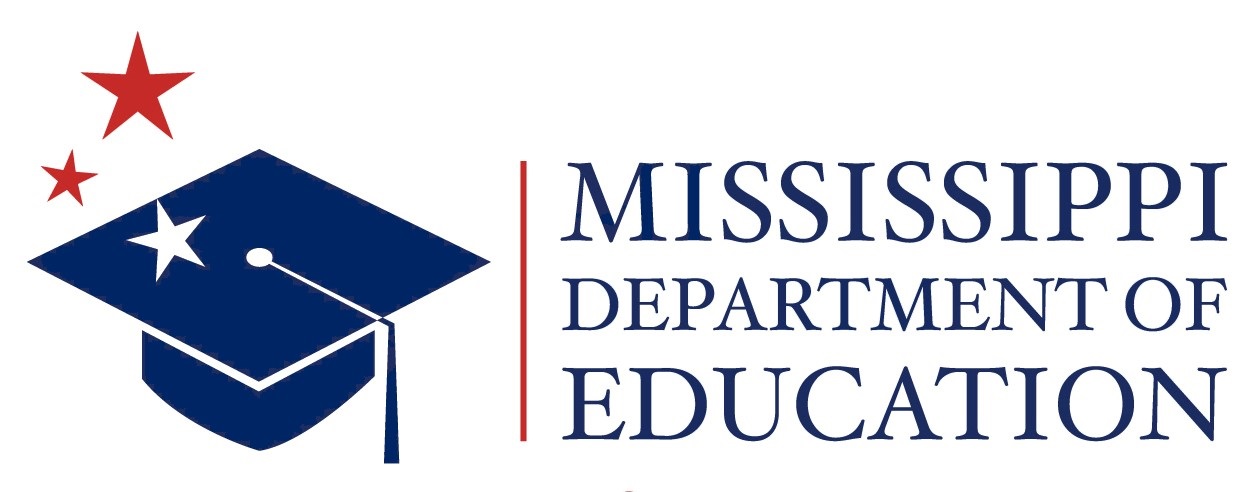June 16, 2016
CLINTON, Miss. – For the second year in a row, the results of Mississippi’s statewide assessment of learning in kindergarten show that the majority of the state’s youngest students have made significant gains during the academic year, with the average statewide score exceeding the previous school year.
Close to 38,000 kindergarteners from 142 districts took the STAR Early Literacy exam in the fall and spring of the 2015-16 school year. The state average score for the fall test was 502. The average score climbed to 703 on the spring test. The score gain is greater than last year, which grew from 501 in the fall to 680 in the spring.
“These scores demonstrate that our state’s kindergarten teachers did an even better job than last year helping students build the foundational literacy skills they need to be successful throughout their education,” said Dr. Kim Benton, chief academic officer for the Mississippi Department of Education. “Our schools’ and teachers’ focus on literacy is making a significant impact on student learning.”
Every district in the state showed progress among their kindergarten classes, though student achievement varied. District average scores ranged from 611 to 769.
Statewide, 63% of students scored above the end-of-the-year target score of 681, which categorizes them as transitional readers. Students scoring at this level are beginning to read unfamiliar words and easy reader material, but are not yet independent readers. In the 2014-15 school year, 54% of students scored above 681.
All students scored above the 530 kindergarten readiness benchmark on the spring post-test, compared to 36% achieving this score on the fall pre-test.
Once again, the Kosciusko School District achieved the highest average score in the state, with a score of 769 on the spring test.
Gina Smith, superintendent of the Kosciusko School District, gives credit to the teachers and principals in her district for helping students get a strong start to school.
“The Kosciusko Lower Elementary faculty and principal work diligently to prepare a solid early reading foundation for their students,” Smith said. “They review the data after each benchmark assessment throughout the year to determine which standards need to be retaught for the students to have mastery. They also provide a loving, nurturing environment that promotes high expectations and encourages the students to be academically successful. Due to the preparation of instruction, test anxiety is not evident in this building, only the love of learning is exhibited."
Research from a four-year study show that 84% of students at the beginning of kindergarten with a score of 530 or above on the STAR Early Literacy exam are on track to become proficient readers by the end of 3rd grade.
This test evaluates skills such as the ability to recognize letters and match letters to their sounds and a student’s recognition that print flows from left to right. The exam produces reports for parents and teachers that detail each child’s early reading skills. Teacher reports also include diagnostic information and instructional plans for every student.
Kindergarten Readiness Assessment results are not intended to be used to make decisions about student promotion, Benton said.
“This assessment provides parents and teachers with a common understanding of what children know and are able to do when they complete kindergarten,” Benton said. “Regardless of their score on this test, all children need support throughout the summer to develop their reading skills. Child development research shows that all children learn at a different pace.”
In addition to the STAR Early Literacy exam, the MDE has provided every school district in the state with a common set of literacy screeners to evaluate children’s progress throughout the year.
“I am proud of our state’s kindergarten teachers and school leaders for their hard work and dedication to equipping their students with the literacy skills they will need for success in school,” said Dr. Carey M. Wright, state superintendent of education. “Reading instruction must remain a major focus of kindergarten through the 3rd grade so that all children build strong reading skills before they complete elementary school.”
To view the results, visit http://reports.mde.k12.ms.us/report1/r2015-16.aspx.
Learn more about the Kindergarten Readiness Assessment results here.
View a video about the Pearl Public School District, which launched a pre-K program for 4-year-olds within a year of receiving its 2014-15 Kindergarten Readiness Assessment results.
Data Drives Pre-K Launch in Pearl Public School District
Media Contact:
Patrice Guilfoyle, APR
Director of Communications
601-359-3706
Jean Cook, APR
Communications Specialist
601-359-3519




